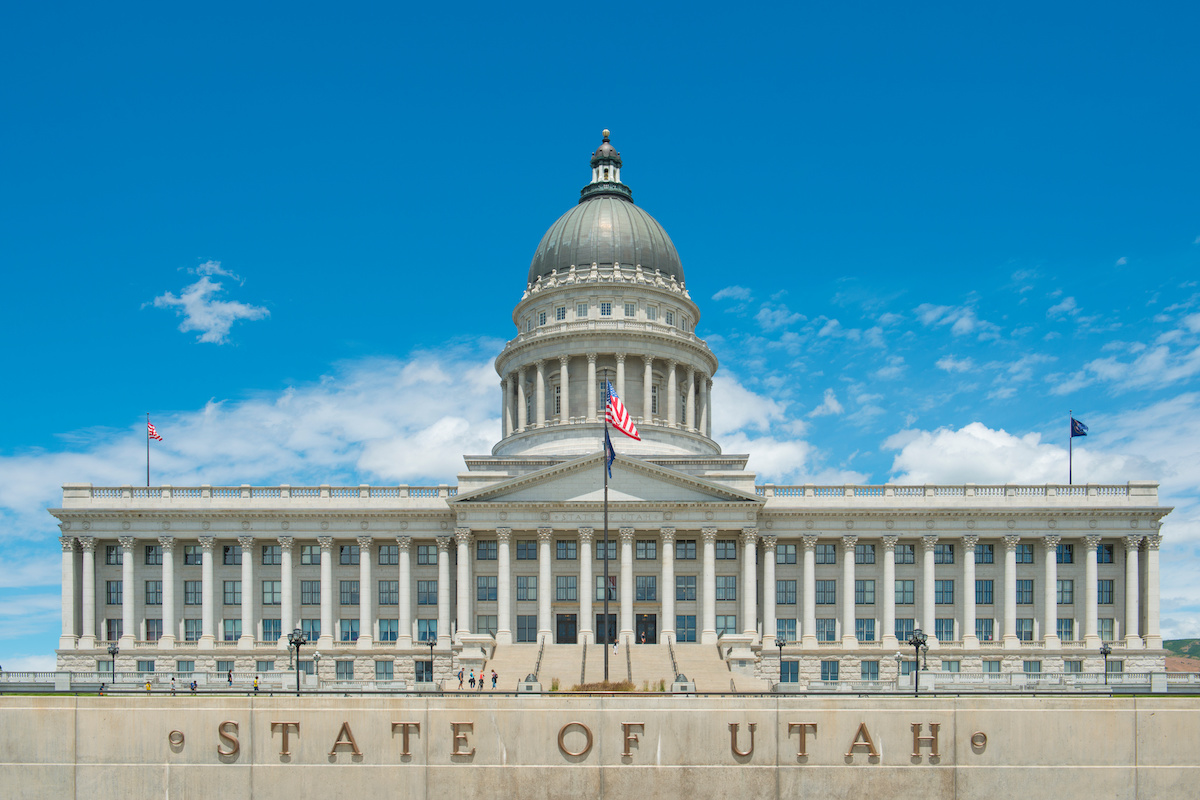| The 2023 Utah legislative session is well underway, reaching its midpoint this week. House Speaker Brad Wilson and Senate President Stuart Adams have made their intentions clear by outlining their joint priorities of reducing taxes, boosting teacher salaries, and safeguarding Utah’s water resources.
With Republicans having a veto-proof supermajority in both chambers and Gov. Spencer Cox leading the executive branch, their priorities carry significant weight.
In just a short time, lawmakers and the Governor have made headway on several key issues. Gov. Cox has already signed bills into law addressing gender identity, teacher pay, and school choice.
Here’s an overview of how things are moving through Utah’s 2023 session so far:
Medicaid Expansion
HB 84, a bill co-sponsored by Democratic Rep. Rosemary Lesser and Republican Rep. Wayne Harper, aims to extend Medicaid coverage for new mothers from two months to 12 months after the birth of their child. This would align Utah with recommendations by the U.S. Centers for Disease Control and Prevention (CDC).
HB 85, also sponsored by Rep. Lesser, would broaden Medicaid coverage eligibility for pregnant women. Gov. Cox’s proposed budget also includes expanding Medicaid coverage for expectant mothers.
These bills have been referred to the House Business and Labor Committee, which held a hearing on them on February 9th.
Mental Health Services
Several bills have been introduced to address mental health services. HB 78, co-sponsored by Republican Rep. Steven Eliason and Democratic Sen. Jennifer Plumb, would require insurance plans to cover mental health treatment provided by medical providers at facilities other than their place of work. The bill, inspired by the unfortunate suicide of a physician who declined to receive treatment from someone at his workplace, has received unanimous support in both the House and Senate, and is waiting to be sent to the governor.
HB 66, co-sponsored by Rep. Eliason along and Sen. Chris H. Wilson, and HB 29, sponsored by Rep. Andrew Stoddard, aim to enhance Utah’s crisis support network. HB 66 would establish grants for mobile crisis outreach teams and fund up to two new behavioral health centers. Meanwhile, HB 29 creates a grant program for the establishment of best-practice crisis intervention teams. The House has passed both bills and sent them to the Senate.
HB 159 and HB 166 both deal with remote health services. HB 159, co-sponsored by Rep. Norm Thurston and Sen. Jacob Anderegg, would allow healthcare professionals outside of Utah to provide telehealth services to patients in the state. HB 166, co-sponsored by Rep. Stephanie Gricius and Sen. Mike McKell, would eliminate restrictions on remote mental health therapy and substance use disorder counseling, as well as revise licensing requirements for clinical social workers, marriage and family therapists, and clinical mental health counselors. The House has passed both bills and sent them to the Senate.
School Choice and Teacher Pay
On January 28th, Gov. Cox signed HB 215, also known as the Funding for Teacher Salaries and Optional Education bill, into law. The legislation provides approximately 5,000 students with scholarships worth $8,000, which can be used for schools outside of Utah’s public school system. Along with these “school-choice-style” scholarships, the bill earmarks an additional $6,000 in wages and benefits for teachers.
Tax Cuts
Senate President Stuart Adams declared 2023 as “the year of the tax cut.” Both House and Senate budget writers are preparing their appropriations bills with the goal of building upon Utah’s record of lowering taxes by over $325 million over the past five years.
Gov. Cox’s proposed budget included $1 billion in tax relief, in the form of both ongoing and one-time tax cuts. The budget features a new tax credit that doubles the exemption for individuals or families in the year of a child’s birth. Additionally, the budget would lower Utah’s income tax rate from 4.85% to 4.75%.
Water
Utah, like many parts of the American West, faces a major water supply crisis. Sen. Scott Sandall has introduced two bills, SB 76 and SB 118, to address water usage in the second-driest state. Gov. Cox proposed budget also includes a $500 million investment in water conservation and resiliency programs.
SB 76 requires land use planners and water suppliers to work together to assess the impact of their plans and projects on the Great Salt Lake and other regional water resources. SB 118 creates incentives for the use of water-efficient landscaping. The Senate has passed both bills, with SB 76 approved by the House Natural Resources, Agriculture, and Environment Committee, and SB 118 awaiting action from the same committee. |
